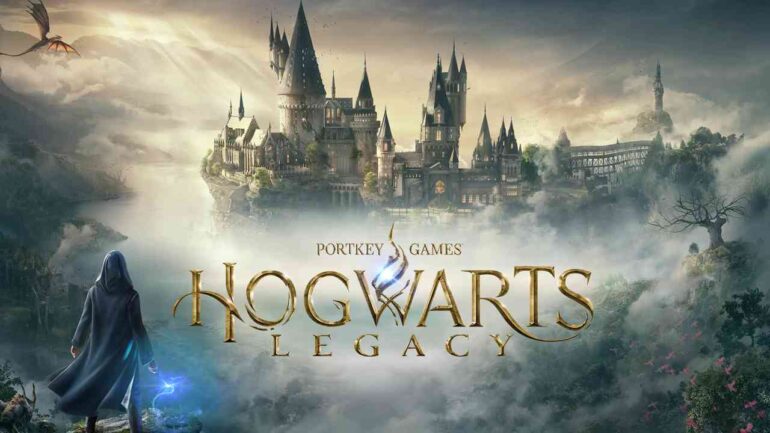During a recent discussion at a Morgan Stanley event, Warner Bros. Discovery’s gaming chief J.B. Perrette outlined the company’s new gaming strategy, emphasizing a move towards more live-service, mobile, and free-to-play titles.
Perrette highlighted the company’s intention to capitalize on its existing intellectual properties (IPs) and development capabilities, aiming to tap into growth opportunities within the gaming sector. While acknowledging the success of recent AAA console games like Hogwarts Legacy, Perrette also noted the inherent volatility of the market, citing instances such as the underperformance of Suicide Squad: Kill the Justice League.
 To mitigate this volatility, Perrette revealed plans to focus on core franchises and explore opportunities in the mobile and free-to-play space. He emphasized the importance of investing in live-service games to foster long-term engagement and revenue generation. Additionally, Perrette teased the upcoming release of new mobile free-to-play games and assured that the company remains committed to producing single-player AAA experiences.
To mitigate this volatility, Perrette revealed plans to focus on core franchises and explore opportunities in the mobile and free-to-play space. He emphasized the importance of investing in live-service games to foster long-term engagement and revenue generation. Additionally, Perrette teased the upcoming release of new mobile free-to-play games and assured that the company remains committed to producing single-player AAA experiences.
Looking ahead, Perrette expressed confidence in Warner Bros. Discovery’s position, citing its popular brands and internal development studios. He hinted at a strategic investment plan aimed at enhancing future game development efforts and ensuring brand sustainability. While acknowledging the time required for game development, Perrette anticipated meaningful growth in the coming years, laying the groundwork for future success.
Perrette also speculated on the evolving gaming landscape, emphasizing the significance of owning IPs and studios in navigating industry shifts. He highlighted emerging trends like virtual reality and “virtual worlds” as areas poised for increased adoption and scale.
Among Warner Bros. Discovery’s upcoming releases are a Harry Potter Quidditch game and a Wonder Woman title. In contrast to Disney’s licensing approach, Warner Bros. Discovery aims to leverage its IPs and internal studios for game development, signaling a departure from Disney’s strategy of outsourcing game development to third-party partners.
While Disney collaborates with various companies on its gaming initiatives, Warner Bros. Discovery is charting its own path, prioritizing internal development and leveraging its extensive IP portfolio to drive growth in the gaming sector.



